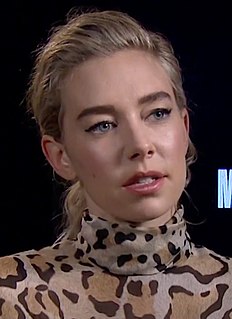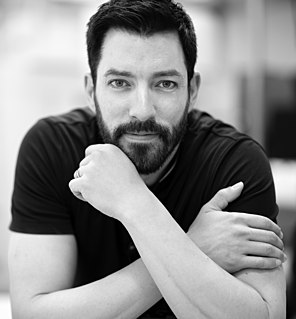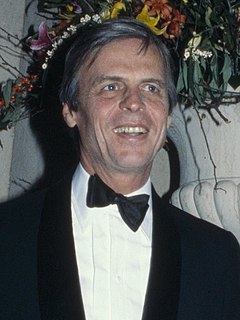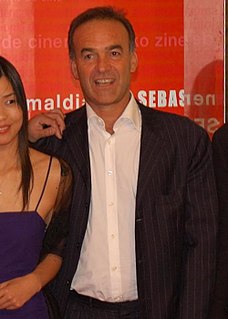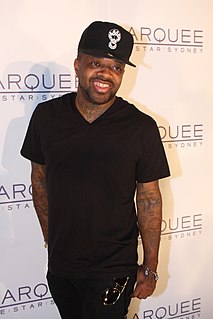A Quote by Vanessa Kirby
Peter Morgan's writing is so much about what you don't say: you're saying one thing but there's 10 other things going on, and those are the best writers like Chekhov... they're masters at a sort of naturalism, and yet there is all the subtext.
Related Quotes
I have friends who are capable of writing a very rough draft and then going back and embroidering - they're sort of the cathedral builders of fiction. I never really know what I'm doing, and all my pleasure's on the level of the line. It's a weird way to move forward. It's kind of like a way to caterpillar your way through these great woods. The best ones, whatever I feel like I'm writing about, some other secret thing will begin to come into focus.
People say to me, Oh, it's so wonderful that you're writing about real things, and that it's a political thing to do, and I say, look-to be in my position and not say anything is a hell of a political thing. You need to think politically, otherwise you'll be one of these people who says, Oh, this person's saying this and that person's saying that, and I'm confused. And I say, yeah, because you want to be confused.
[...] and as I walked, I tried to see the funny side. It wasn't easy, and I'm still not sure that I managed it properly, but it's just something I like to do when things aren't going well. Because what does it mean, to say that things aren't going well? Compared to what? You can say: compared to how things were going a couple of hours ago, or a couple of years ago. But that's not the point. If two cars are speeding towards a brick wall with no brakes, and one car hits the wall moments before the other, you can't spend those moments saying that the second car is much better off than the first.
But I think writing should be a bit of a struggle. We're not writing things that are going to change the world in big ways. We're writing things that might make people think about people a little bit, but we're not that important. I think a lot of writers think we are incredibly important. I don't feel like that about my fiction. I feel like it's quite a selfish thing at heart. I want to tell a story. I want someone to listen to me. And I love that, but I don't think I deserve the moon on a stick because I do that.
A few people have tried to make me see that my writing isn't quite their thing by saying to me: 'What about realism?' To which my general response is, 'What about it?' However, I wouldn't be at all surprised if one of my favorite writers, Marilynne Robinson, was to say something similar if asked 'What about the fantastic?'
You know so many documentaries now are very carefully scripted before you start, and then people are sort of put in chairs which are beautifully lit, and they tell their stories and you do that with another 10 people and you then construct a story from what they say. You do a sort of paper thing, and then you put some images in-between, and that's your film. And that's so not what I think is a good documentary. It can be so much more than that, it should be much more of an adventure and much more uncertain... like real things are.
It's very hard, I think, for critics to write positive reviews, because there's not that much to say about something you like. You can kind of say 'I really like that band' and then if you're forced to fill up the rest of an article, you've got to start saying heady things. It's much easier to say negative things in a review.
The thing I'm going through is probably like the same thing that Little Richard and all these other artists go through, that I hear about them, saying, 'Oh damn, you ain't gonna give me nothing till I die,' ... I feel like I'm one of those type of great people that just going to have to wait till it's all over with for people to really sit around and talk about it.
..few writers like other writers' works. The only time they like them is when they are dead or if they have been for a long time. Writers only like to sniff their own turds. I am one of those. I don't even like to talk to writers, look at them or worse, listen to them. And the worst is to drink with them, they slobber all over themselves, really look piteous, look like they are searching for the wing of the mother. I'd rather think about death than about other writers. Far more pleasant.
